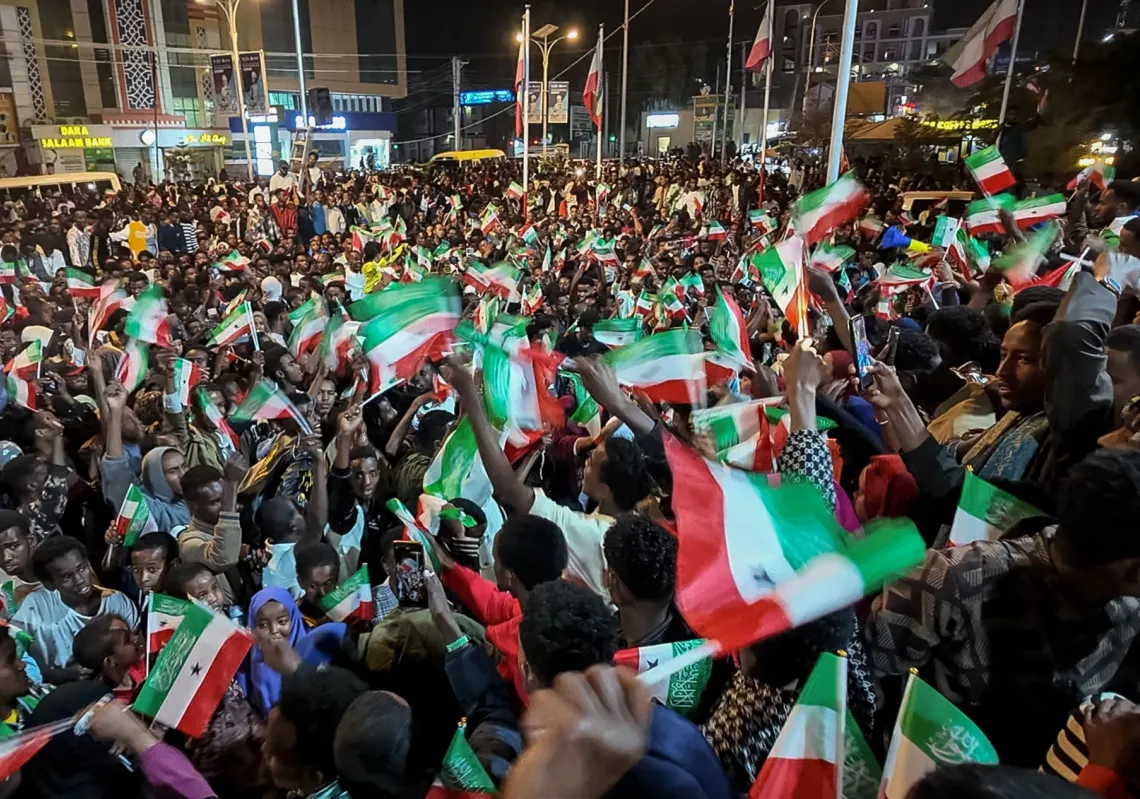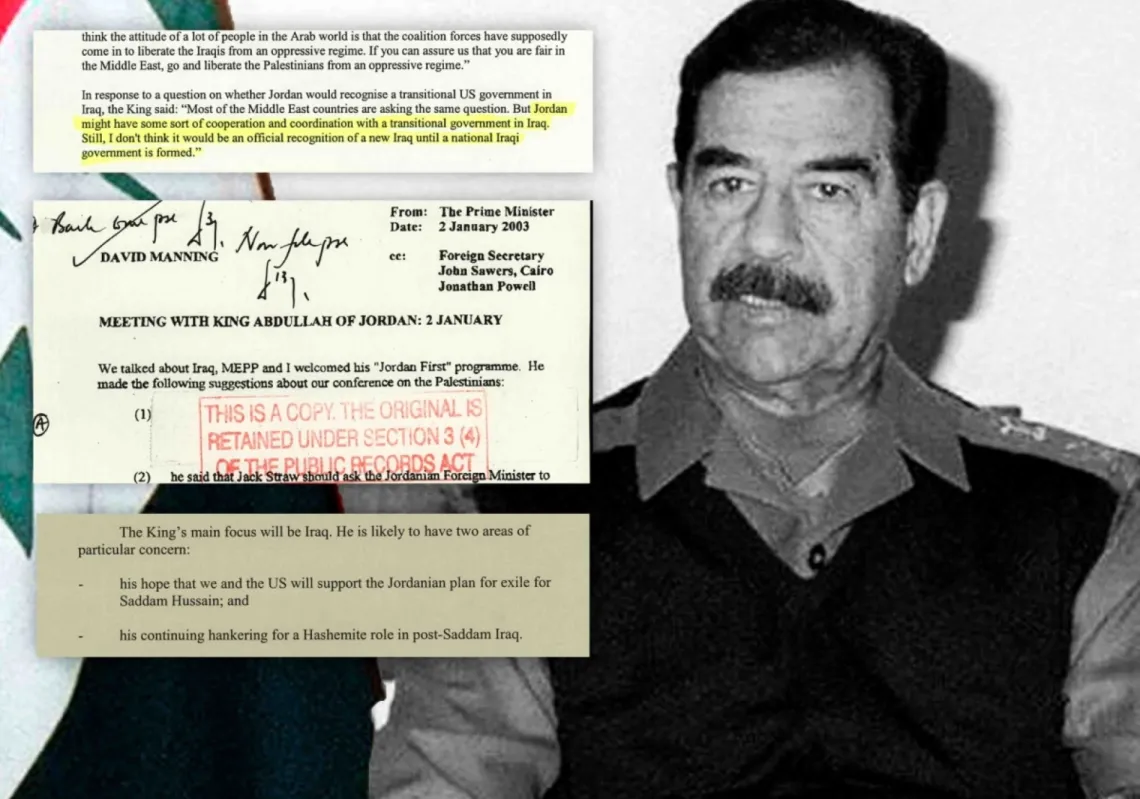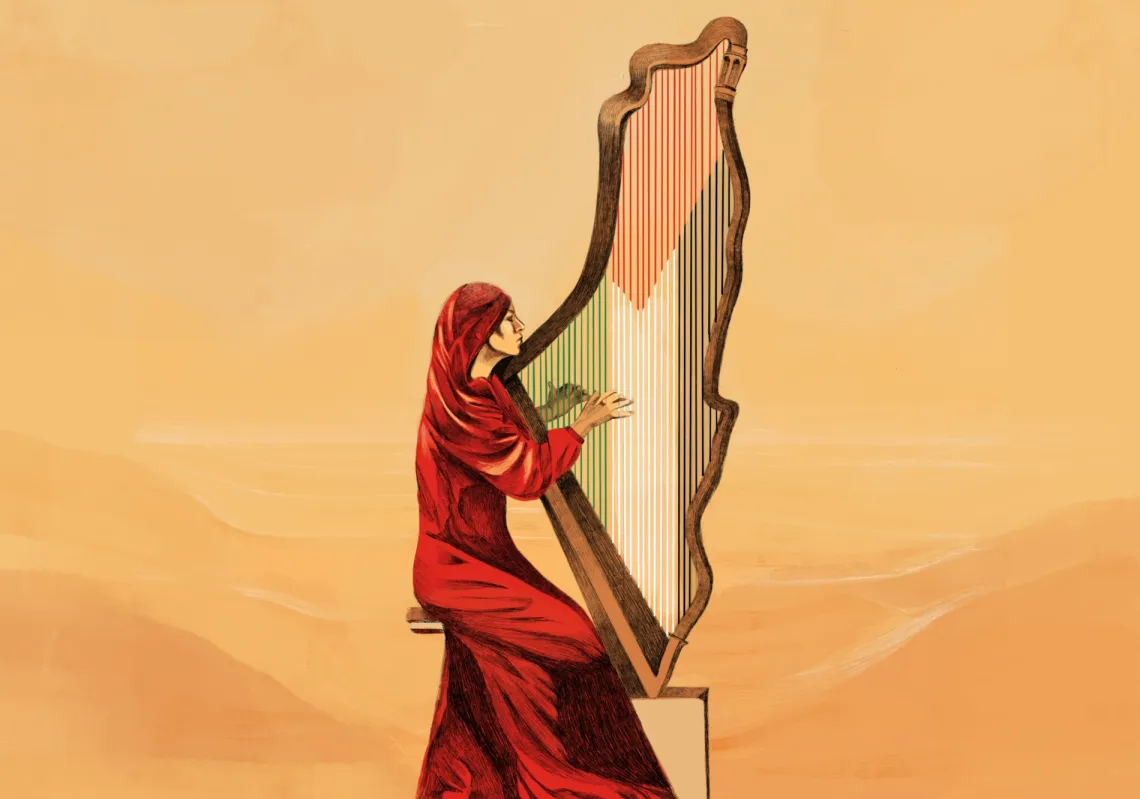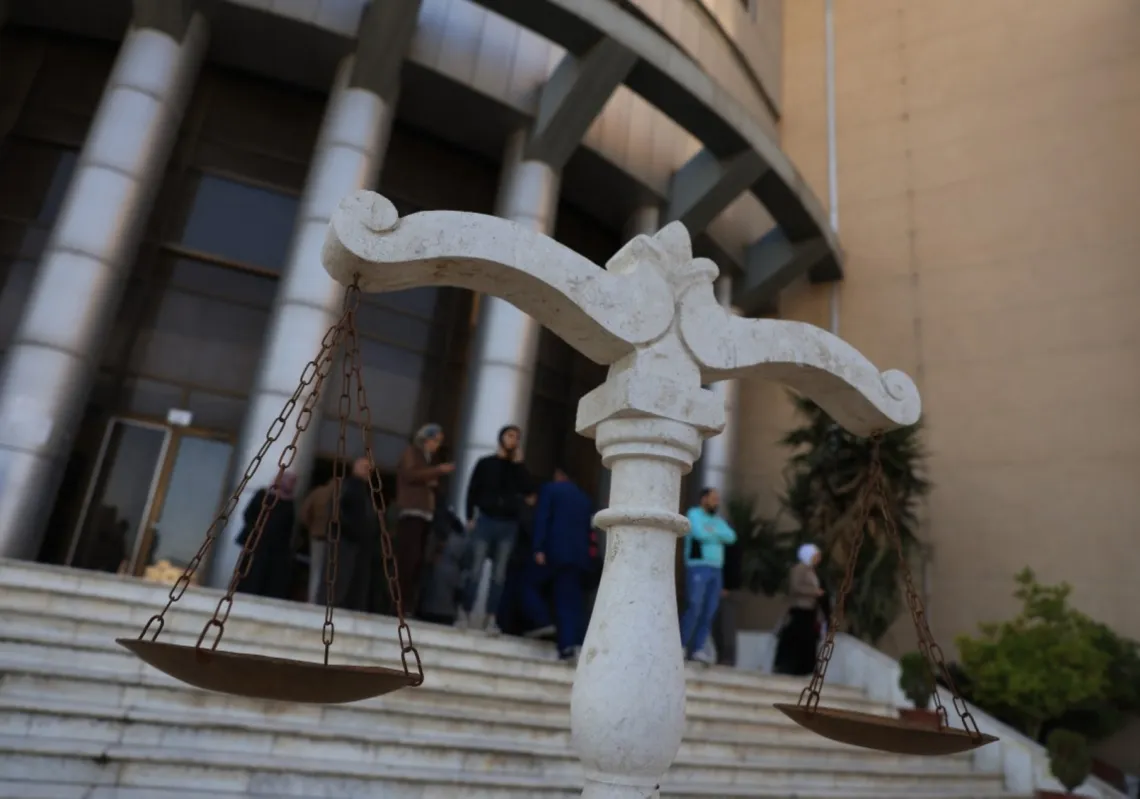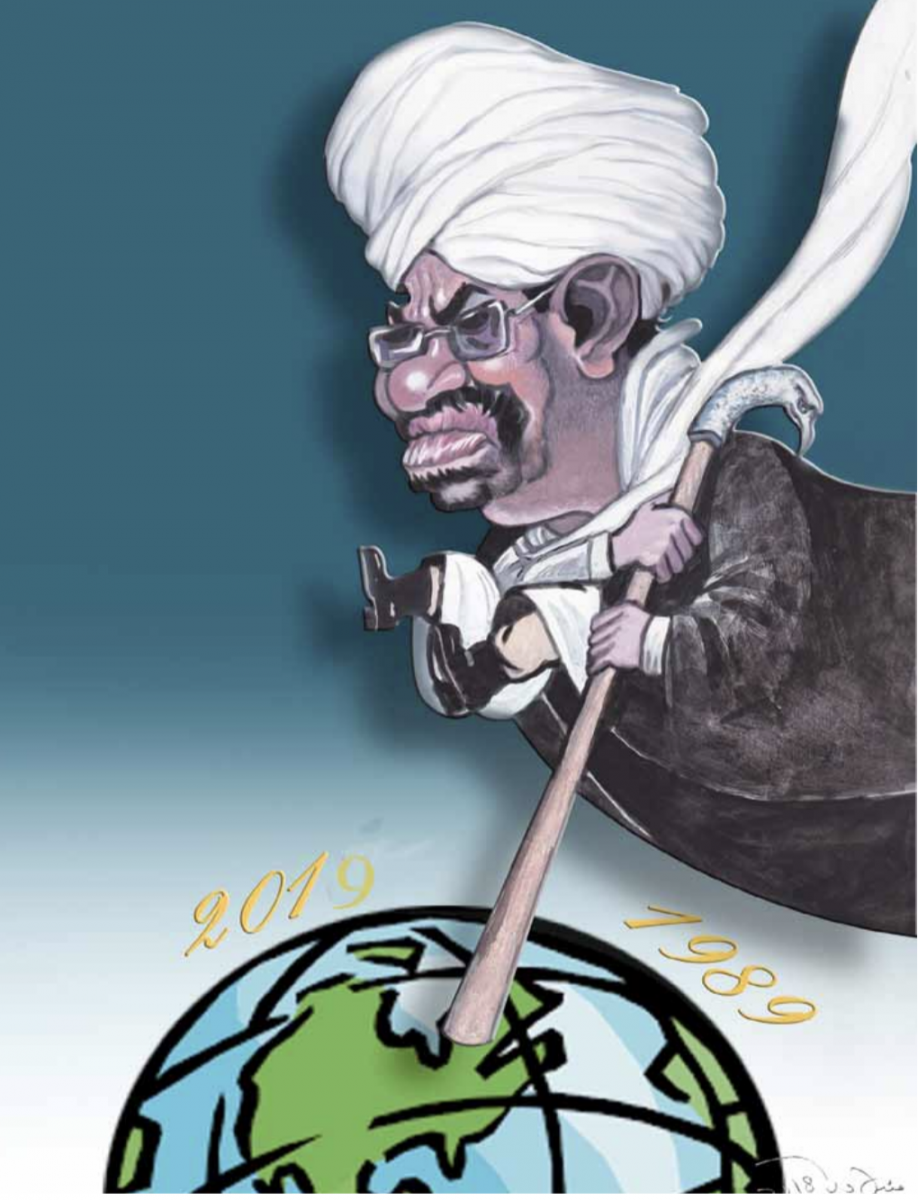
Omar al-Bashir was born on 1 January 1944 into a peasant family in Hosh Bannaga, north of the capital, Khartoum Sudan, which until independence in 1955 was part of the Kingdom of Egypt and Sudan. He enrolled at the Egyptian Military Academy in Cairo and then at the Sudan Military Academy in Khartoum from where he graduated in 1966.
He joined the Egyptian army as a young man and quickly rose through the ranks, fighting in the Egyptian army in the Arab-Israeli war in October 1973. When he returned to Sudan, Bashir received rapid promotion and assumed the leading role in the Sudanese army’s campaign against the rebels of the southern Sudan People’s Liberation Army (SPLA) in the mid-1980s. During this time, Sudan was at risk of entering a famine.
Frustrated with the leadership, Bashir led a bloodless coup on 30 June 1989 to oust the unstable coalition government of Prime Minister Sadiq al-Mahdi, and took over the leadership of the country. He dissolved parliament, banned political parties, and strictly controlled the press. With the support of Hasan al-Turabi, a Muslim extremist and leader of the National Islamic Front, he began instituting Sharia (Islamic law) in March 1991, further emphasising the division between the north and the mainly animist and Christian south and intensifying the decades-long north-south civil conflict.
In 1993, he dissolved the military junta which brought him to power and appointed himself civilian president. He was confirmed president by an election in 1996 where he ran completely unopposed. He eventually legalised the registration of political parties in 1999. Later that year, Bashir ousted Turabi, who he believed was plotting against him and had him imprisoned. In 2000 he was re-elected for a five-year term in Presidential Elections.
In 2003, several ethnic groups in Darfur launched a rebellion against the Sudanese government. The United Nations and human rights groups say Khartoum used militias known as the Janjaweed as a proxy force to crush the revolt. Khartoum denies the claims. Bashir was criticised for not cracking down on the Janjaweed militia.
Following international pressure for Bashir to end Africa’s longest civil war, Bashir agreed a north-south peace pact with the Sudan People’s Liberation Movement in 2005. Under the terms of the agreement with the southern rebels, a referendum for southern Sudanese citizens was held in January 2011 to determine whether the south would remain part of Sudan or secede. The results overwhelmingly indicated a preference to secede, and an independent South Sudan was declared six months later on July 9, 2011.
The United States referred to the Darfur conflict as genocide in 2004. The UN Security Council referred the Darfur case to the ICC in 2005, giving them the mandate to investigate the claims. The United Nations says the long-running conflict killed 300,000 people and uprooted 2.7 million. Bashir put the death toll at 10,000 people. In March 2009, the International Criminal Court (ICC) issued an arrest warrant against him and charged him with war crimes and crimes against humanity. In 2010, the ICC issued a second arrest warrant against him, this time charging him with genocide. Omar al-Bashir stated that since Sudan is not a party to the ICC treaty which established the court in 1998, it should not be expected to abide by its provisions. Despite the international arrest warrant, he won consecutive elections in 2010 and 2015. However, his last victory was marred by a boycott from the main opposition parties.
In December 2018, following a government announcement that prices for fuel and bread would rise, the Sudanese people took to the streets over harsh economic conditions and poor living standards. What began as small a scale protest in the northern town of Atbara, quickly transformed into large-scale, organised anti-government marches and demonstrations in towns and cities across Sudan. The demonstrations changed from an economic agenda to demanding that Bashir step down. On February 22, Bashir declared a state of emergency, replacing civilian governors and other high officials with army officers. Bashir said that he would stay in office until his term expires in 2020 but his promises carried little credibility with the Sudanese people.
The crisis escalated in early April when thousands of demonstrators began camping outside the defence ministry compound, where Bashir's residence is located. Following four months of almost entirely non-violent protests, Bashir was removed as president on April 11 and arrested by the military. Tens of thousands of Sudanese marched through Khartoum in celebration.



